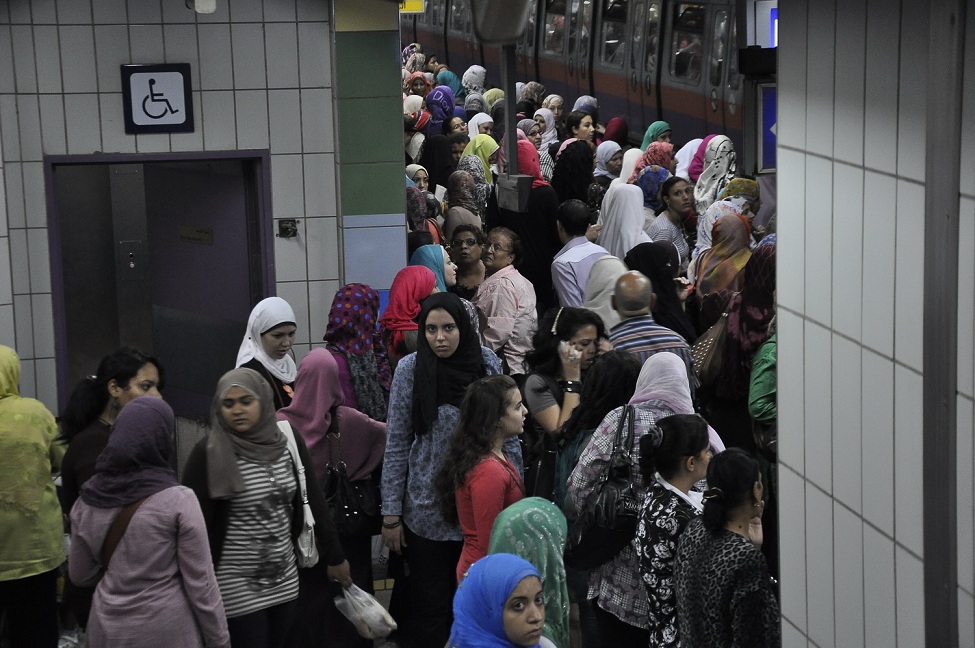BIRMINGHAM, England: It would be an understatement to say that relations between Muslims and non-Muslims have been strained since 9/11. Here in the United Kingdom, a poll found that 26 percent of the population admitted to being “hostile to Muslims ; in the United States, one in five Americans said that they would not want a Muslim for a neighbor.
Muslims are fragmented in how to respond to such damning statistics. Some find themselves feeling vindicated by such polls, which they believe reveal the innate hostility towards Muslims and Islam. Others view unfolding events through a cocktail of conspiracy theories and “don’t believe the hype .
However, another segment feels the need to roll up their sleeves and begin to work to change this situation. Fortunately, a young, vibrant and articulate generation of Muslims have emerged in the aftermath of 9/11 and they are challenging the conspiracy-minded crowd to think critically.
Muslims need to get their house in order, and this new generation of Muslims has set out to do just that.
A debate soon erupted across the Western world, in streets, homes, mosques and universities – a debate about the identity of Islam, what it means to be Muslim and who speaks for Islam. Those who want answers will find fully engaged young Muslims reflecting and asking piercing questions. The discourse has (finally) moved beyond halal meat (permissible according to Islamic law) and the length of one’s beard to tackle issues such as ethics, social responsibility, extremism, the importance of understanding the aims of sharia – Islamic principles believed to govern all aspects of life – and determining, on a practical level, how Muslims can live fully as Western citizens and as Muslims, without forfeiting their religious identity. The discussions are impressive, as is the sincerity and zeal that propels these young Muslims to address such crucial issues.
But just who are these individuals and where are they? Well, thanks to the American Society for Muslim Advancement (ASMA), 300 such leaders – who have been selected from a pool of nearly 1,000 nominations from over 75 countries – are heading home after attending the 2009 Muslim Leaders of Tomorrow (MLT) global conference in Doha, Qatar from 16-19January. These 300 dynamic Muslim leaders are comprised of both men and women and span the spectrum of nationality and profession.
There was debate, discussion and dissent as they addressed the most critical matters facing Muslim communities today on a global level. This was the third such event (New York in 2004 and Copenhagen in 2006), and was the largest and most ambitious. The conference resulted in an “Open Letter to the World Leaders of Today from the Muslim Leaders of Tomorrow and some participants took part in the Doha Debates, hosted by Tim Sebastian.
Truly, this is a unique event in every sense: Muslims from diverse backgrounds – conservative, traditional, liberal, reform, modern, Shia, Salafi and Sufi, engaged not only with the wider community, but with one another. Rather than seeking to undermine each other, this ensemble of Muslims sought to learn from one another and use their wits to challenge the warped ideology of terrorism that targets Muslim and non-Muslim citizens everywhere. Creativity, openness and tolerance were the hallmarks of this meeting.
After attending and participating in these conferences, I came away comforted by the knowledge that Muslims were not helpless victims; they were willing and able to challenge their fellow co-religionists as well as the status quo. The debates forced those in attendance to think deeply about current issues, and the presentations highlighted challenges faced by Muslims locally and globally, facilitating an exchange and flow of ideas.
These events allowed me to connect, for the first time, to a vibrant international network of Muslim social activists, intellectuals, artists and scholars who did not always see eye-to-eye, but were nonetheless driven by the same passion and concerns.
While President Barack Obama promises the change that we are all yearning for, these young Muslim professionals have taken it upon themselves to become agents of change and have inspired hope in many along the way. They are overcoming hurdles, challenging falsehoods, seeking to reconcile historical religious precedents with the modern age and examining how to live in peace with all the differences that enrich us as a collective human family.
Change is on the way, and it is coming from within.
Aftab A. Malikis a visiting fellow at the Centre of Ethnicity and Culture at the University of Birmingham and editor of The State We Are In: Identity, Terror and the Law of Jihad (Bristol: Amal Press, 2006).

